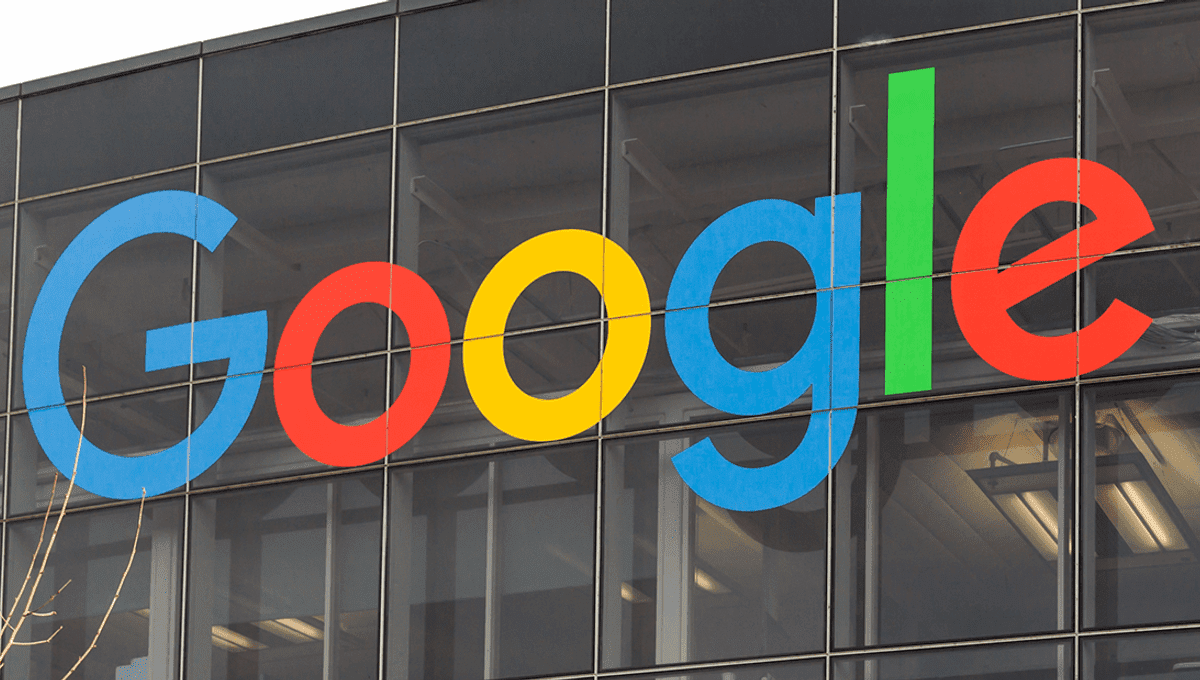
The creator of Gmail has made a prediction: the new chatbot ChatGPT will completely disrupt Google’s business within a year or two, eliminating the search engine result page in the process.
By now, you have probably come across a number of creations from ChatGPT: an artificial intelligence (AI) based chatbot that can do everything from rewrite “Baby Got Back” in the style of Canterbury Tales to simulating its own chatbot within a chatbot.
The chatbot, made open to the public last week, is surprisingly good. Even if it hasn’t yet convinced anyone that it’s sentient – unlike Google’s AI – it has been good enough to convince a professor of history and technology that their student had been paying attention in a seminar.
The bot has a number of uses, including writing useable code and looking for errors in code created by amateur humans.
What impressed Paul Buchheit, the engineer behind Gmail and Google’s now-removed “don’t be evil” motto, is the quality of the responses to questions posed to it, as compared to the results you get for the same query from Google.
The chatbot uses something called “reinforcement learning from human feedback” to achieve the impressive natural language processing it does.
“Reinforcement learning from human feedback is a type of machine learning that involves training a model by providing it with feedback from a human user. This feedback can take many forms, such as a score or a binary ‘correct’ or ‘incorrect’ label,” ChatGPT explained to IFLScience, accurately, when prompted.
“The model uses this feedback to learn and improve its performance on a specific task. For example, if a model is trained to classify images of animals, it may be given feedback on its performance by a human user who labels each image as either ‘correct’ or ‘incorrect’.”
The model gets better the more feedback it has, and it is going to get a lot of that now that the system is open to the public.
“As the model receives more and more feedback, it uses this information to adjust its internal parameters and improve its performance. This iterative process continues until the model reaches a satisfactory level of performance on the task,” the bot continued.
“One of the key benefits of reinforcement learning from human feedback is that it allows the model to learn from the unique insights and knowledge of a human user. This can help the model to develop a more nuanced understanding of the task and improve its performance in ways that may not be possible with traditional machine learning methods.”
All well and good, but how could this disrupt search behemoth Google? As well as providing more detailed results than Google, and explaining answers in a more natural way (as seen above), the problem for Google is it could eliminate the need for its moneymaker: the search results page.
When you type in a query into Google, you are presented with thousands of natural results – plus advertisements, where companies have paid to be associated with certain keywords. Buchheit believes that the chatbot from OpenAI could effectively eliminate the search results page entirely, and with it a huge source of Google’s income.
“The way I imagine this happening is that the URL/Search bar of the browser gets replaced with AI that autocompletes my thought/question as I type it while also providing the best answer (which may be a link to a website or product),” Buchheit wrote on Twitter.
“The old search engine backend will be used by the AI to gather relevant information and links, which will then be summarized for the user. It’s like asking a professional human researcher to do the work, except the AI will instantly do what would take many minutes for a human.”
At the moment, the chatbot’s knowledge is static, as it isn’t getting live updates from the Internet. It’s also not clear whether that will form a part of OpenAI’s plans for what is looking like revolutionary tech.
“The field has a long way to go, and big ideas yet to discover. we will stumble along the way, and learn a lot from contact with reality. It will sometimes be messy; we will sometimes make really bad decisions. We will sometimes have moments of transcendent progress and value,” OpenAI’s CEO Sam Altman said on Saturday during ChatGPT’s launch week.
“Iterative deployment is, [in my opinion], the only safe path and the only way for people, society, and institutions to have time to update and internalize what this all means.”
Source Link: AI Could Put Google In Serious Trouble Within A Year Or Two, Gmail Creator Says